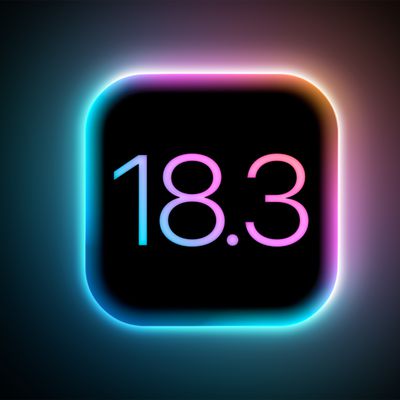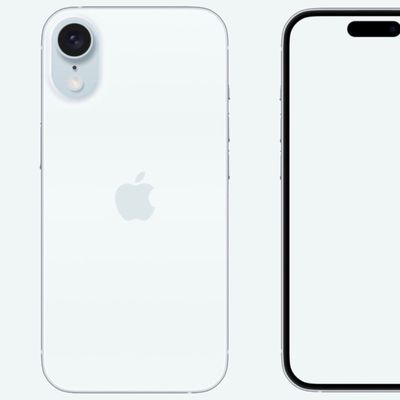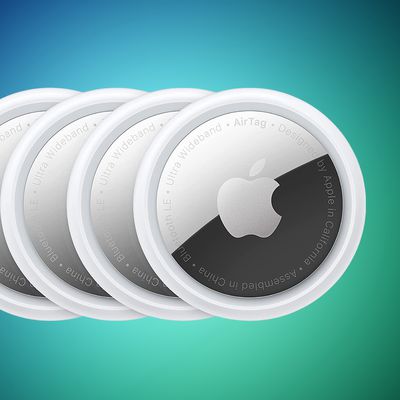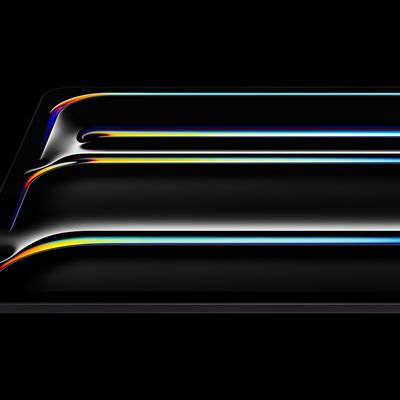ArsTechnica compares the Solid State Drive (SSD) and Hard Disk Drive (HDD) versions of the MacBook Air to see if the SSD upgrade is worth the additional cost.
Their benchmark results are consistent with earlier benchmarks revealing that the SSD drive is slower at writing and sequential reads than the HDD. The SSD, however, is faster than the HDD at random (non-sequential) disk access.
This difference shows itself in "real world" tests such as Exporting a 60MB Quicktime, Compiling an Application or Unzipping an archive. As expected, the large file export, which performs a large sequential write to disk favored the HDD model. Meanwhile, building Webkit and Unzipping an archive showed off the speed advantage of the SSD.
Ars also looked at battery life of the MacBook Air and in their HDD review found that their Air averaged a paltry 2.5 hour battery life in their "real world tests". Questions of the validity of these results have been raised, with other anecdotal claims of battery life as long as 4-5 hours on the same configuration. Indeed, reports are varied:
Forums: 56% left after 2:15, 5+ hours?; Engadget: 2:25 watching movie, 3:35 light usage
Ars, however, is pretty confident in their battery life tests for their machine and felt it was consistent with some other reports. They found that the SSD didn't seem to offer a significant longer battery life (on average), however, their battery tests were not standardized and the SSD model had a faster processor. (Of note, MacLife found an SSD drive in a MacBook Pro brought a 14% battery life improvement.)
In the end, they felt the SSD upgrade was not worth the additional cost ($999), but noted the biggest advantage of the SSD was a lack of disk-access related slowdowns that they experienced on the HDD model.
Update: Several readers note that the SSD model had a 1.8GHz processor, rather than a 1.6GHz processor, so even equivalent battery life is likely an improvement. Also, another big advantage to SSD is durability -- with no chance of a hard drive "crash".























